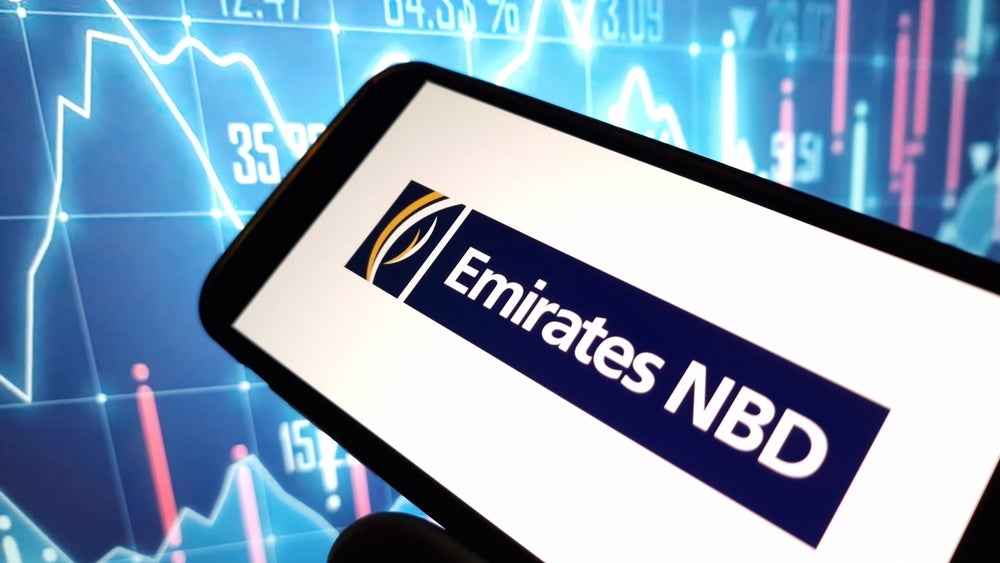
In an evolving financial landscape, high-net-worth individuals (HNWIs) and family offices are increasingly adopting institutional strategies to access private markets.
Traditionally the domain of large pension funds and insurance companies, private markets now offer a diverse range of opportunities for wealthy individuals to diversify portfolios, enhance returns, and preserve wealth in a volatile economic environment.
Shenal Kakad, head of private markets at Barclays Private Bank, sheds light on these trends and explains how Barclays is helping private clients tap into the same high-return opportunities previously accessible only to institutional investors.
Institutional Strategies for Private Clients
Kakad emphasises that private wealth investors are increasingly adopting the asset allocation strategies once limited to institutional investors.
She notes: “There’s definitely been an increase in wealth clients accessing private markets, which typically institutional investors were only investing into. Private clients didn’t have access to the full spectrum of private markets, but now they do, thanks to vehicles designed for smaller investors.”
Wealth clients now have access to private equity, private debt, infrastructure funds, and real estate funds, all previously dominated by institutions. The critical change Kakad explains is access: “If you can access what the institutional investors can, it means your asset allocation will look a little more like what an institutional investor’s allocation will look like.”
However, the motivations differ. While institutional investors tend to invest with specific liabilities in mind, such as future payouts for pensions or insurance claims, private wealth clients are more focused on maximising returns.
“Private clients are potentially prepared to take a little more risk because they want to maximise the returns that they are getting for locking up capital,” says Kakad.
Barriers to Entry for Private Wealth Investors
Family offices and HNWIs are increasingly able to access the same high-return opportunities as institutional investors, but there are still barriers, especially for those with less capital or experience. Kakad describes the distinction between larger family offices and HNWIs, particularly regarding ticket size and due diligence.
“Family offices have the benefit of choice because their ticket size is higher. They can go direct to a fund manager or through a bank like us,” she says. However, smaller family offices or HNWIs often face more limited options. “High-net-worth individuals typically don’t have the same resources, so their only access point is often through aggregation vehicles, such as private bank feeder funds.”
She also highlights the importance of manager selection for private investors: “In private markets, the difference between the top-quartile managers and bottom-quartile managers is vast. The key is accessing the top-quartile managers, where you’ll get outsized returns. It’s very difficult for individuals to do this alone.”
The Growing Appeal of Private Equity and Venture Capital
Private equity has seen record-breaking inflows in recent years, with private wealth clients contributing significantly to this trend. Kakad attributes this to two key factors: access and returns.
“Private clients do not have liability matching requirements like institutional investors, which means they can lock up their capital for longer periods and focus on maximising returns,” Kakad states.
As a result, investors are drawn to private equity and venture capital, particularly in an environment where public markets have been more volatile.
Venture capital, in particular, has become more accessible to private clients.
She explains: “It was slightly easier for private clients to access venture capital because VC funds by nature are smaller, so they can accept smaller tickets. Many private clients naturally put more money into venture capital because it’s where they can get the highest returns, even though it comes with higher risks.”
But how are investors balancing the potential for higher returns with the risks, especially in the current economic environment?
Kakad reassures: “There’s a lot of regulation, especially through banks, that ensures private clients are vetted rigorously. Venture capital is risky, but most clients aren’t putting large portions of their wealth into VC. Typically, they’re allocating small portions, which is why they can tolerate the risk.”
Manager Selection and Access to Top Performers
One of the most critical factors in private market investing is access to top-performing managers.
According to research from Barclays Private Bank, private equity remains to lead private markets as private wealth investors become more interested.
In the report, Forging New Paths: How Private Investors are Capitalising on the Evolution of Private Markets, private investors can learn more about the growth potential and resilience of venture capital and private equity, as well as the critical trends to keep in mind when assembling a diversified portfolio.
The report highlights that 88% of private equity capital raised this year went to experienced managers, underscoring how crucial manager selection is to achieve above-average returns.
“It’s very important to choose the right managers,” Kakad advises. “In the last 10 years, we’ve seen a lot of new entrants in the private markets, making it harder for individuals to distinguish between a good and a not-so-good manager. That’s why it is essential to go through a bank or adviser who can conduct the due diligence on your behalf.”
For HNWIs and smaller family offices without the resources of large institutions, Kakad stresses the importance of leveraging the advice and due diligence services offered by private banks: “Access to due diligence is not readily available and outsourcing it can be expensive. It is much more efficient to use the resources of a private bank that can narrow down the options and help you find the best manager.”
She further notes: “For private wealth clients, it is not just about access, but access to the right opportunities. With the right advice and manager selection, private markets can be a powerful tool for diversification and long-term wealth growth.”
Private Markets: A Tool for Wealth Preservation
In the current climate of economic uncertainty, many investors are turning to private markets as a strategy for wealth preservation. Kakad points out that private markets, especially when diversified across multiple asset classes like buyouts, growth, and venture capital, offer resilience that public markets may lack.
She acknowledges: “There is definitely a correlation between public and private markets, but private market investments are less volatile. A lot of our clients like private markets for their lack of volatility. Unlike public markets, where you can see daily fluctuations, private markets offer quarterly reporting. That infrequency of reporting means less volatility, which can be comforting to clients.”
Moreover, Kakad likens private market investments to real estate: “You don’t value your house daily, but over a long period, you are satisfied as long as the value is going up. It is the same with private markets.”
Evolution of Angel Investing and New Trends
As the private markets space continues to evolve, new trends are emerging.
HNWIs should be monitoring emerging trends and new channels in private markets, especially in impact investing and aligning investments with global trends.
“ESG and Impact Investing continue to garner the interest of private clients. This is partly driven by regulation and partly by demand from investors who want to see their money help causes that give back to society and leave a legacy for the next generation. These clients now benefit from it being easier to understand the sustainability credentials of a fund,” she adds.
“The Sustainable Finance Disclosure Regulation (SFDR) provides a framework in the EU whereby fund managers have to communicate certain sustainability information to investors. As a result, we are seeing more funds being classified as Article 8 or 9, highlighting their sustainability objectives.”
Additionally, Kakad also highlights the shift away from direct angel investing to more traditional and mature channels. “In the UK, angel investing was easily accessible due to tax incentives, but now that clients have access to larger, more diversified funds, they are moving away from angel investments and looking for global exposure.”
Investors are increasingly focused on portfolio diversification and aligning their strategies with global trends.
Kakad notes that impact investing is also gaining traction among private wealth clients explaining how “more clients want to ensure their investments align with their values. Impact investing is becoming a bigger focus, and we expect to see more clients exploring these opportunities in the future.”
Future of Private Wealth in Private Markets & Opportunities
The private markets are becoming an integral part of the portfolio strategies for HNWIs and family offices, offering opportunities for both wealth growth and preservation.
With greater access to institutional-style investments, private wealth clients are positioning themselves to take advantage of higher returns, while private banks like Barclays are playing a pivotal role in guiding these investors through the complexities of private markets.
Private wealth investors are expected to experience opportunities in the next five years, with the growth of assets under management projected to reach $19.6trn by 2028.
Kakad says: “Clients have historically had limited access to the broad spectrum of private market opportunities, and their portfolios are typically under-weight in the asset class. There are opportunities, but which ones best suit an individual depends on their motivations and wider portfolio. Typically, many seek to maximise returns and this can lend itself to a focus on Private Equity and Venture Capital.
“Companies are also staying private for longer, so we are seeing an interesting opportunity for private clients to build exposure in these private companies through more accessible structures, such as Vintage Programmes, to ultimately help meet their long-term investment objectives.”
Kakad concludes: “Democratisation is going to be a key driver for the evolution of private markets. We are already seeing new vehicles and structures facilitating this and regulatory changes look set to drive it forward even more. For example, the recent changes to the ELTIF (European Long Term Investment Fund) and LTAF (Long Term Asset Fund) regulations in Europe and the UK should enable more retail investors to access private markets.
“We may also see new solutions come to market from fund managers to service private clients in the form of bespoke products for particular advisers, or a broader offering available to all investors, as well as a move towards more enhanced digital platforms.
“However, access is only one element of this evolution. With more products and offerings, manager selection and portfolio construction are and will continue to be crucial. This is not easy for clients to do by themselves, which is where having the support of a private bank that can provide a full end-to-end service can help.”






